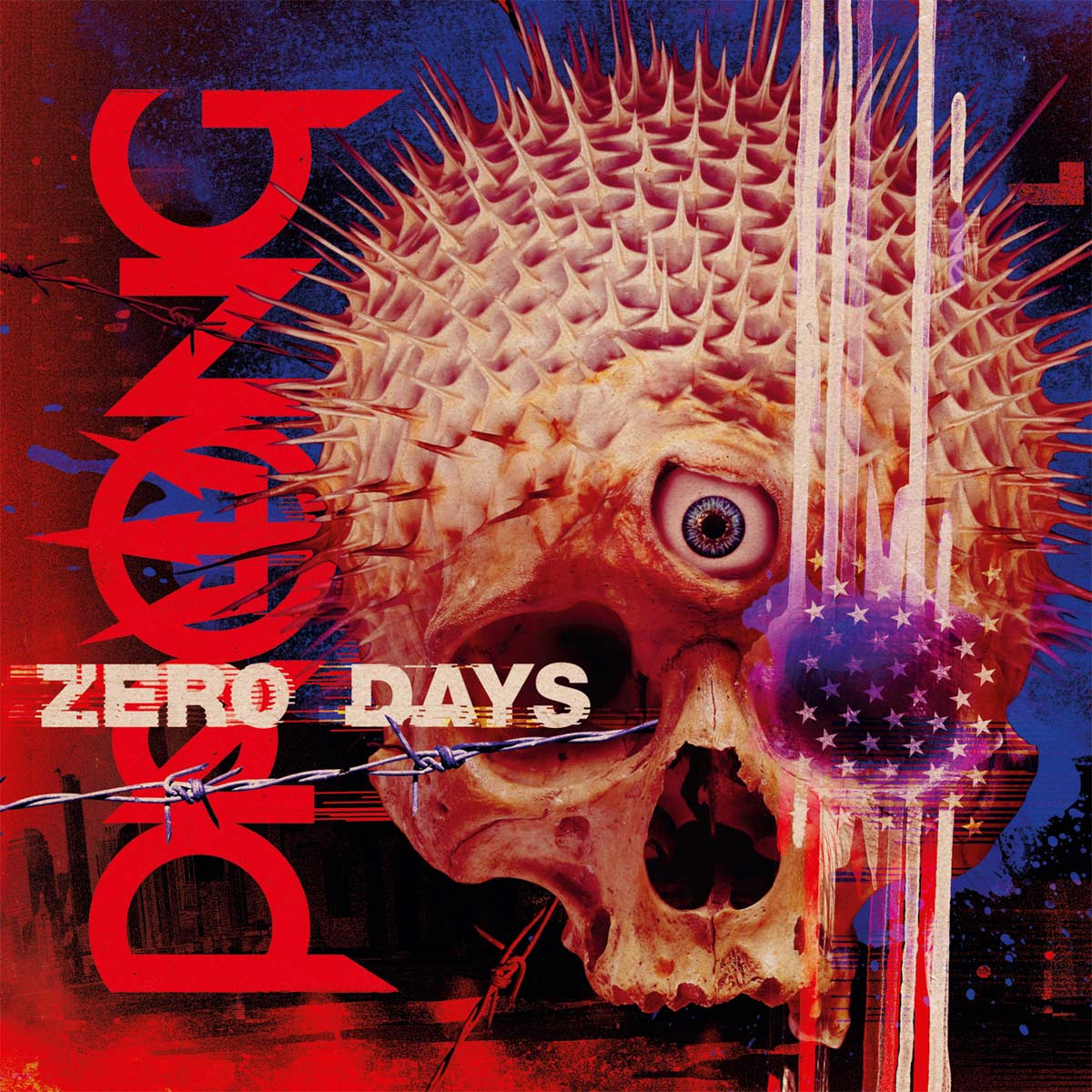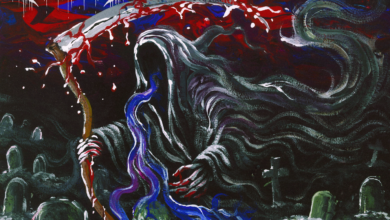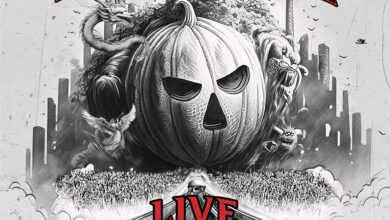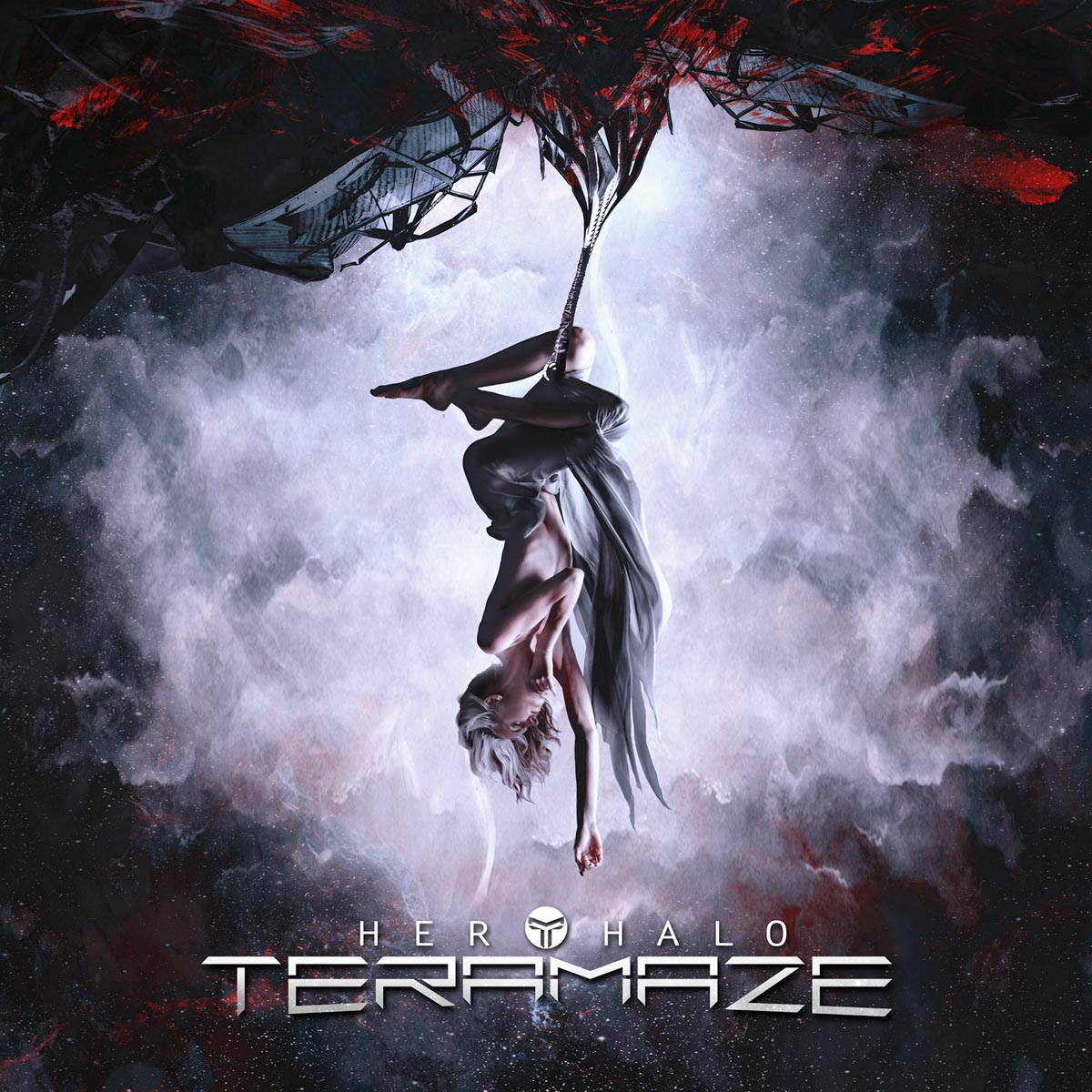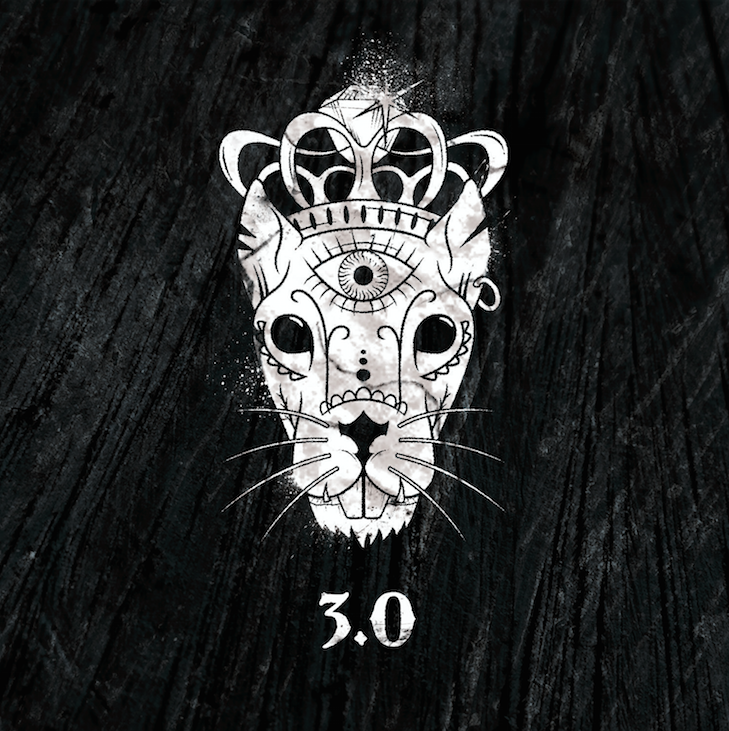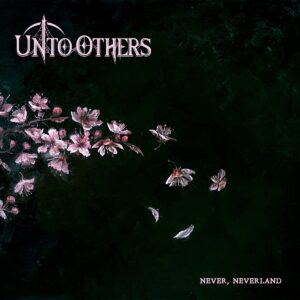 Never, Neverland represents a pivotal evolution for Unto Others, the Portland quartet whose previous underground classics, Mana and Strength, cemented their place as torchbearers of gothic and classic metal. Their third LP marks a significant departure, as the band breaks out from the shadows of their dark, heavy past into a sound bathed in a harsher light, with producer Tom Dalgety (Ghost, The Cult) guiding the way. The album feels like the result of their time spent on the road, playing alongside legends like Behemoth, Arch Enemy, and King Diamond. Their growth is palpable, as Never, Neverland is a record that exudes confidence, mastery, and a new ambition to match their dark sensibilities with expansive, melodious grandeur.
Never, Neverland represents a pivotal evolution for Unto Others, the Portland quartet whose previous underground classics, Mana and Strength, cemented their place as torchbearers of gothic and classic metal. Their third LP marks a significant departure, as the band breaks out from the shadows of their dark, heavy past into a sound bathed in a harsher light, with producer Tom Dalgety (Ghost, The Cult) guiding the way. The album feels like the result of their time spent on the road, playing alongside legends like Behemoth, Arch Enemy, and King Diamond. Their growth is palpable, as Never, Neverland is a record that exudes confidence, mastery, and a new ambition to match their dark sensibilities with expansive, melodious grandeur.
Opening with the lead single, “Butterfly,” the album immediately sets the tone for the shift in sound. While maintaining the band’s atmospheric gloom, the track is far more melodic than anything they’ve done before, an introspective and haunting piece that still carries their signature heaviness, but with a smoother, more refined edge. This isn’t the same chugging metal of Mana—it’s a richer, more expansive take on their darkness.
From there, Never, Neverland takes listeners on a journey through various emotional landscapes, from the punk-infused energy of “Suicide Today” to the gothic grandeur of “Angel of the Night.” The latter is perhaps the most Type O Negative-esque track on the album, with sweeping, atmospheric guitars and vocals that channel a sense of melancholic longing. Yet, unlike their forebears, Unto Others has crafted something distinctly their own, blending their dark rock roots with more modern, accessible melodies that feel ready for larger arenas.
The album’s standout moments often come from its surprising versatility. Tracks like “Fame” offer sardonic, biting commentary on the pursuit of celebrity, while “Glass Slippers” takes a more ethereal approach, with dreamy instrumentation building toward a powerful crescendo. The blend of punk urgency, classic rock grandeur, and gothic sensibilities give the album an eclectic yet cohesive feel.
“Suicide Today,” with its raw, confessional tone, feels like a deeply personal expression, a moment of vulnerability in the midst of the album’s more theatrical atmosphere. The underlying punk energy, though, never fully gives way to sentimentality, and the album continues to pulse with intensity throughout.
By the time we reach tracks like “Flatline,” “Cold World,” and “Raigeki,” the album has fully embraced the grandiosity hinted at early on. These songs feel massive, cinematic in scope, as if Unto Others has evolved into something much larger than the sum of their influences. The driving rhythms of “Raigeki” are both blistering and majestic, showcasing their ability to balance ferocity with beauty.
The final title track, “Never, Neverland,” is the album’s crowning moment, an ambitious, sprawling epic that brings the listener full circle. It encapsulates everything Never, Neverland has to offer: sorrow, grandeur, and a sense of impending doom—but also a sense of resolution. The band’s growth is undeniable here, as they’ve crafted a sound that is not only a logical next step but a sign that Unto Others is on the verge of something truly unholy and massive.
Overall, Never, Neverland cements Unto Others as not just heirs to gothic and classic metal but as one of the most exciting rock bands on the brink of something monumental. It’s a record that moves beyond their predecessors, merging dark rock with melodic sophistication, and showcases a band that’s truly come into their own. With Never, Neverland, Unto Others has found their place among the greats—ready to push the boundaries of rock in ways that feel as thrilling as they do ominous.

